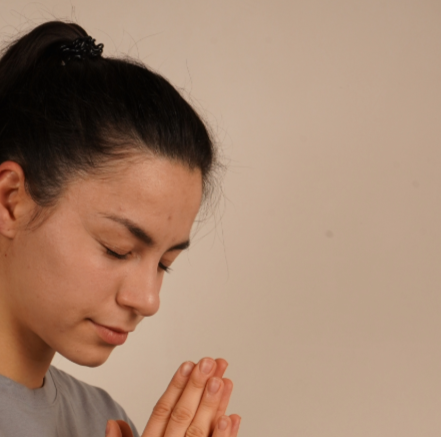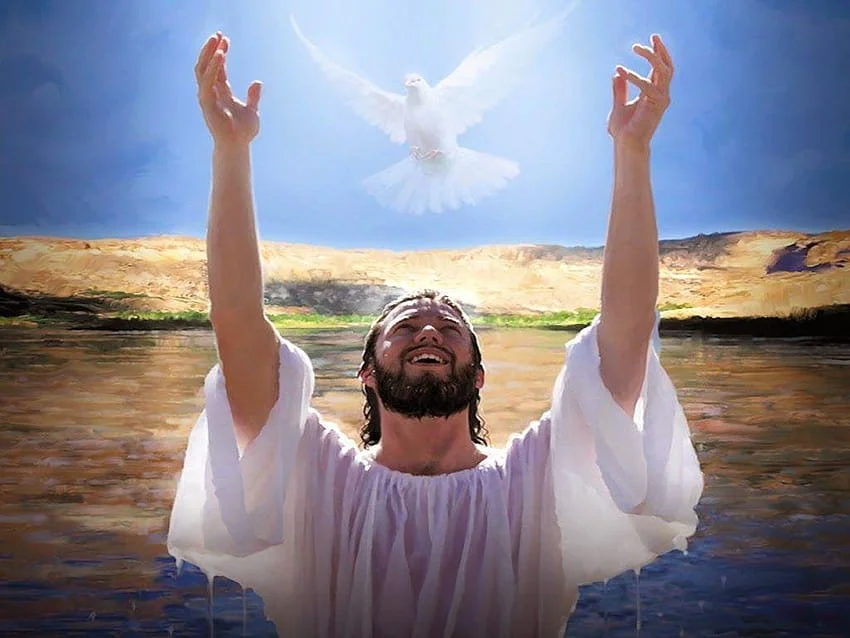Stewards of Growth—Ezekiel 2: 1-8; Luke 5: 1-11
I recently was having a conversation with a 21 year old. He talked about how his parents watch cable news 24/7, quite literally, all the time in the house. I didn’t not ask which one they listen to: Fox, CNN, or MSNBC because I can pretty well guess. He said to me, “Bruh, it’s like…ya know…information overload,” as the kids these days say. I went on to say that I could remember before we had 24/7 news when my grand parents watched Peter Jennings read the news for 30 minutes on ABC, and for many of you, that would have been Walter Cronkite. He stared at me blankly in total disbelief, and I have never felt so old as I did in that moment.
That conversation got me thinking…information overload. If we are to be stewards of our growth, we must work at learning, thinking, meditating, praying, and focusing our energies on God. Yet, on a daily basis, how many things are competing in our heads, in our ears, and in our viewing with the things of God? So what is the answer? How do we best become stewards of our growth in faith and in God? I’m going to dare say it…turn off the news, and put down social media. Yes, I said what I said.
In all of the voices, the noise, the things going on, God should not have to compete for our time and focus, and still lose the battle. In Ezekiel, our Old Testament, we read a small portion of God’s vision and prophecy presented to Ezekiel. The Israelite people were in captivity in Babylon, and this was, seemingly, one of their lowest points. Listen to how Ezekiel responded. When God said, “I want to speak with you,” Ezekiel notes, “he set me on my feet, and I listened carefully to his words.” And, in fact, Ezekiel listened for over 20 chapters to God’s words and visions.
But then we see Ezekiel’s eagerness set against the behavior of the people. God describes them in this way, “They are a stubborn and hard-hearted people. But I am sending you to them.” God goes on to describe the people as rebellious, and God tells Ezekiel, whether they refuse to listen or not, they will know a prophet was among them. But the picture gets bleaker, as God tells Ezekiel not to fear their words, their threats, and in a very descriptive place, “[when they] surround you like nettles, and briers, and stinging scorpions.” What a lovely assignment for Ezekiel, and with his own people no less!
Here, though, is the crux, “You must give them my messages whether they listen or not. But they won’t listen, for they are completely rebellious.” What does God tell Ezekiel? God wants Ezekiel to focus on him to listen to the wisdom that God gives, to forsake the rebellious nature, to tune out other voices, to ignore the scowls, disapproval, and hatefulness of the people. Basically, tune out the world and focus on God and God alone. “Do not join them in their rebellion,” says God,”Open your mouth and eat what I give you.”
The people could not hear God, could not return to God because they listened to everything but God. Turn off the noise of the world whether it’s talk radio, Hannity, Maddow, CNN, Fox, facebook, instagram, twitter, or all the like, but all the things which are distracting you from a growing faith. Turn them off, and walk away. Take your Bible or a book, sit outside with your pets and enjoy a sunset. Take a stroll somewhere and ponder things which are holy. I heard stories this week about a long-time member of the church, Aural Erwin, who walked all around downtown and the Mercer campus daily, even until his 90s.
The problem is very real. God is essentially telling Ezekiel to go and prophesy, to speak the truth of a judgment and pathway to restoration for the people. Yes, Ezekiel must say tough things to them, but God also provides hope and a pathway out of their suffering in Babylon. But the people are totally unwilling to listen, to even hear what God is saying. I fear our society has become the same. People listen to everything else under the sun except for God. We have become set in our ways, comfortable in our own Babylon, and unwilling to accept any word of prophecy or truth. British philosopher Bertrand Russell once said, “The whole problem with the world is that fools and fanatics are always so certain of themselves, and wiser people so full of doubts.”
So what can help us refocus and become good stewards of our faith again? Simon Peter learns three things from Jesus: first, go to deeper water; second, let the nets down when Jesus is on the boat; and last, leave everything behind to follow. Many people stick with scripture and prayers that are familiar and comfortable—they never challenge themselves, they never are willing to risk going into the deeper, less certain aspect of faith. Jesus, though, says to Peter to go out where it is deeper and cast the net. There was no danger in the deeper water, for Jesus was right there with him. But in order to catch anything, Peter had to be daring enough to fish in the deeper waters.
Jesus also needs to be in the boat with you. John 15:5 says, “I am the vine; you are the branches. Those who remain in me, and I in them, will produce much fruit. For apart from me you can do nothing.” Think on those words, that apart from Jesus, we can do nothing. Lastly, Peter and his cohorts left everything behind to follow Jesus, for they saw how amazing it truly was to follow him. What are we following? Where is the majority of our attention, time, and energy spent?
We cannot be so sinful in our certainty that we are no longer able to listen to the voice of the prophets among us. God has not stopped speaking, and the Holy Spirit has not stopped working, but the question is this: are we still listening? I used to hate the idea of being led, or guided, or told what to do, probably my own youthful rebellion. But as I’m aging, I see the wisdom of turning off the distractions, of not listening to silliness on the television, and instead of learning from the wisdom around me. I see the importance of growing in faith and Christlike ways from people who can teach me. I’ve learned, I need my elders in faith to teach me, but I also need them to be willing to still hear God’s voice and sacrifice certainty in all things.
Jesus said said to the disciples, come and follow me. They didn’t know where they were going, what was about to happen, or how their lives would change. What they did know was how amazing this man, Jesus, was, and how important it was to follow him. So they left it all behind and followed without even a hesitation. The details were uncertain, but their faith was unwavering. If you want to know the secret to being stewards of your faith, it’s found in that first little bit of the hymn, “Precious Lord, take my hand, lead me on, let me stand.”





